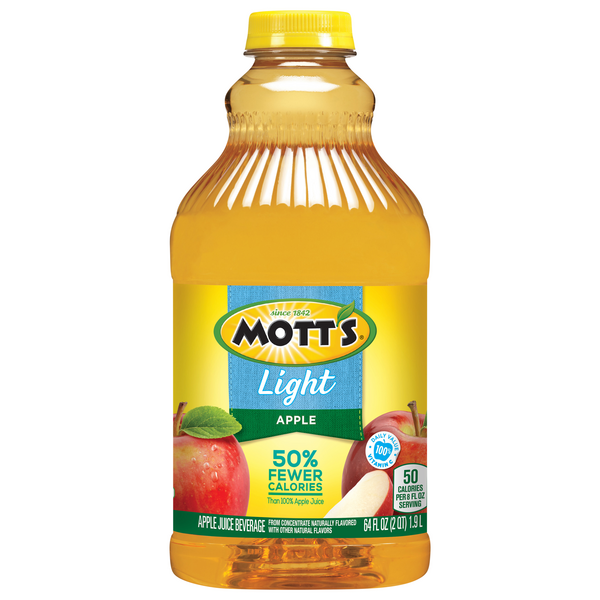Apple juice has become a popular beverage choice for many, but have you ever stopped to consider how many calories it actually contains? Understanding the caloric content of apple juice is essential not only for those watching their weight but also for anyone interested in maintaining a healthy diet. In this article, we will delve deep into the nutritional aspects of apple juice, explore its benefits and drawbacks, and help you make informed choices regarding your beverage consumption.
As we explore the calorie content in apple juice, we will also touch upon its health implications, how it compares to whole apples, and what factors can influence its caloric value. Whether you are a health enthusiast, a parent, or simply someone curious about nutrition, this comprehensive guide on apple juice calories will provide valuable insights.
So, let’s embark on this journey to uncover the truth behind apple juice calories and understand how this popular drink fits into your dietary choices.
Table of Contents
- 1. Apple Juice Calories: What You Need to Know
- 2. Nutritional Facts of Apple Juice
- 3. Benefits of Apple Juice
- 4. Drawbacks of Apple Juice
- 5. Apple Juice vs. Whole Apple: A Comparison
- 6. How to Choose the Right Apple Juice
- 7. Factors Affecting Caloric Impact of Apple Juice
- 8. Conclusion
1. Apple Juice Calories: What You Need to Know
Apple juice is often marketed as a healthy beverage choice, especially for children. However, it is crucial to analyze its calorie content. On average, an 8-ounce (240 ml) serving of apple juice contains approximately 110 calories. This caloric value can vary depending on the brand and whether the juice is made from concentrate or not.
Understanding the Caloric Content
The calorie content in apple juice primarily comes from carbohydrates, particularly sugars. A typical serving may contain around 25-30 grams of sugar. While these sugars occur naturally in fruit, they can still contribute to your daily caloric intake significantly.
2. Nutritional Facts of Apple Juice
To better understand the nutritional profile of apple juice, let’s take a look at the typical nutritional facts for an 8-ounce serving:
| Nutrient | Amount |
|---|---|
| Calories | 110 |
| Total Fat | 0g |
| Sodium | 0mg |
| Total Carbohydrates | 28g |
| Dietary Fiber | 0g |
| Sugars | 24g |
| Protein | 0g |
| Vitamin C | 2% of Daily Value |
3. Benefits of Apple Juice
Despite its calorie content, apple juice does offer several health benefits:
- Hydration: Apple juice is a good source of hydration, especially when consumed in moderation.
- Antioxidants: Apple juice contains antioxidants, which can help combat oxidative stress in the body.
- Vitamins and Minerals: It provides some essential vitamins and minerals, particularly vitamin C.
4. Drawbacks of Apple Juice
While apple juice has its benefits, there are also drawbacks to consider:
- High Sugar Content: The natural sugars in apple juice can lead to excessive calorie intake and potential weight gain if consumed in large quantities.
- Lack of Fiber: Unlike whole apples, apple juice contains little to no dietary fiber, which is crucial for digestive health.
- Blood Sugar Spikes: The high sugar content can lead to spikes in blood sugar levels, which may be a concern for diabetics.
5. Apple Juice vs. Whole Apple: A Comparison
When comparing apple juice to whole apples, the differences become apparent:
- Calories: A medium apple has about 95 calories, making it a lower-calorie option than an equivalent serving of apple juice.
- Fiber: Whole apples contain about 4 grams of fiber, which helps with digestion and provides a feeling of fullness.
- Satiety: Eating whole fruits may keep you satiated longer than drinking juice, helping to curb excessive calorie consumption.
6. How to Choose the Right Apple Juice
When selecting apple juice, consider the following tips:
- Look for 100% pure apple juice without added sugars or artificial flavors.
- Choose juice that is labeled as “not from concentrate” for better quality.
- Check the ingredient list for preservatives and additives.
7. Factors Affecting Caloric Impact of Apple Juice
The caloric content of apple juice can be influenced by various factors:
- Type of Apples Used: Different apple varieties have varying sugar contents.
- Processing Methods: Juice made from concentrate may have different calorie counts than fresh-pressed juice.
- Serving Size: Large servings can significantly increase your caloric intake.
8. Conclusion
In conclusion, apple juice is a popular beverage that should be consumed in moderation, especially for those monitoring their calorie intake. With approximately 110 calories per 8-ounce serving, it is essential to weigh the benefits against the drawbacks. Whole apples remain a healthier option due to their lower calorie count, fiber content, and ability to promote satiety.
We encourage you to make informed choices about your beverage consumption. Feel free to leave a comment below, share this article, or explore our other articles for more insights on nutrition and healthy living!
Thank you for reading, and we look forward to welcoming you back for more informative content.
You Might Also Like
Coconut Oil For Dogs Skin: Benefits, Uses, And MoreUnderstanding Thanatology: The Study Of Death And Dying
All You Need To Know About Balderdash: The Ultimate Guide
What Does Creatine Do For Women? Understanding The Benefits And Myths
Essential Guide To Keeping Your Car Clean: Tips And Tricks For A Spotless Ride
Article Recommendations
- Future Opportunities_0.xml
- Exterior Joint Compound
- How Did Jennifer Syme Pass Away
- Nina Aoulik
- Deacon Johnson
- Career Advancement_0.xml
- Collision Repair Before And After
- Three Cornered Hat Crossword Clue
- Clr Soak Overnight
- Tumblr Fashion Male


